www.asc.upenn.edu/research/centers/communication-neuroscience-lab

Are you curious about how the environments in which people spend time influence their health? Are you motivated by research that promotes climate action, resilience, and wellbeing?
Read more and apply here: www.asc.upenn.edu/node/5905

Are you curious about how the environments in which people spend time influence their health? Are you motivated by research that promotes climate action, resilience, and wellbeing?
Read more and apply here: www.asc.upenn.edu/node/5905
For ideas on how to motivate and support youth to vote check out our new commentary:
osf.io/kyzh9_v1
Key points in 🧵
For ideas on how to motivate and support youth to vote check out our new commentary:
osf.io/kyzh9_v1
Key points in 🧵
In a new preprint, we share key findings from our collaboration with undergraduate students where we developed and tested a theory-guided GOTV messaging campaign doi.org/10.31234/osf... (1/5)
In a new preprint, we share key findings from our collaboration with undergraduate students where we developed and tested a theory-guided GOTV messaging campaign doi.org/10.31234/osf... (1/5)
The Coupled Minds Lab at @tamu.bsky.social will use a multimodal approach combining fMRI hyperscanning, computational modeling, and natural language processing to study how conversations transform minds. Learn more: coupled-minds.github.io
Due Date Dec 1
The Coupled Minds Lab at @tamu.bsky.social will use a multimodal approach combining fMRI hyperscanning, computational modeling, and natural language processing to study how conversations transform minds. Learn more: coupled-minds.github.io
Due Date Dec 1


📅 TOMORROW, Sept 10 | 4–5:30PM
📍 The Agora, Annenberg Public Policy Center
Co-hosted with @appc.upenn.edu, @asc.upenn.edu, @pennmindcore.bsky.social
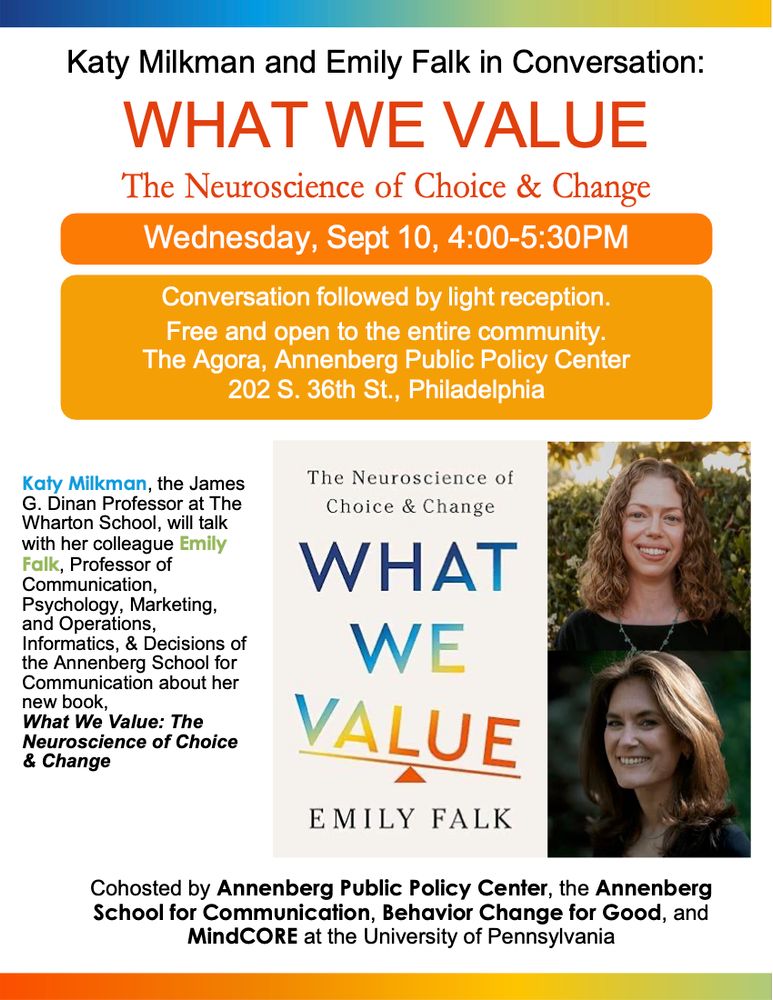
📅 TOMORROW, Sept 10 | 4–5:30PM
📍 The Agora, Annenberg Public Policy Center
Co-hosted with @appc.upenn.edu, @asc.upenn.edu, @pennmindcore.bsky.social
To learn more, check out the Learning & Behavior Change Lab website:
www.sinclairlab-rice.com
Applications are due Dec 1st: psychology.rice.edu/graduate/pro...


www.pnas.org/doi/epdf/10....

www.pnas.org/doi/epdf/10....
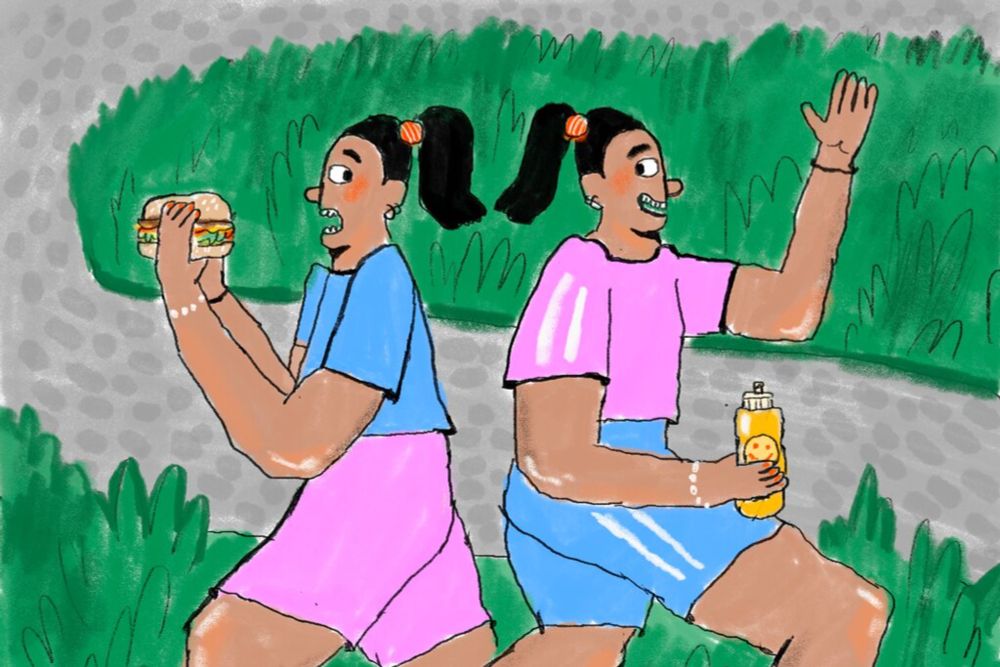
Although multiple factors shape whether we act on our intentions, intentions are valuable precursors of behavior that can guide the iterative development of behavior change interventions.
www.pnas.org/doi/epub/10....
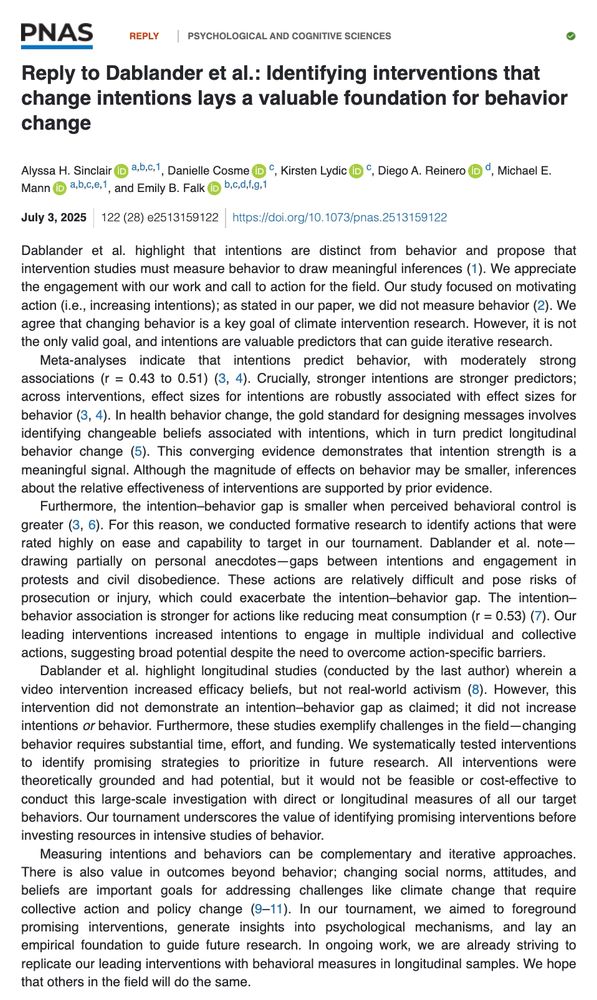
Although multiple factors shape whether we act on our intentions, intentions are valuable precursors of behavior that can guide the iterative development of behavior change interventions.
www.pnas.org/doi/epub/10....
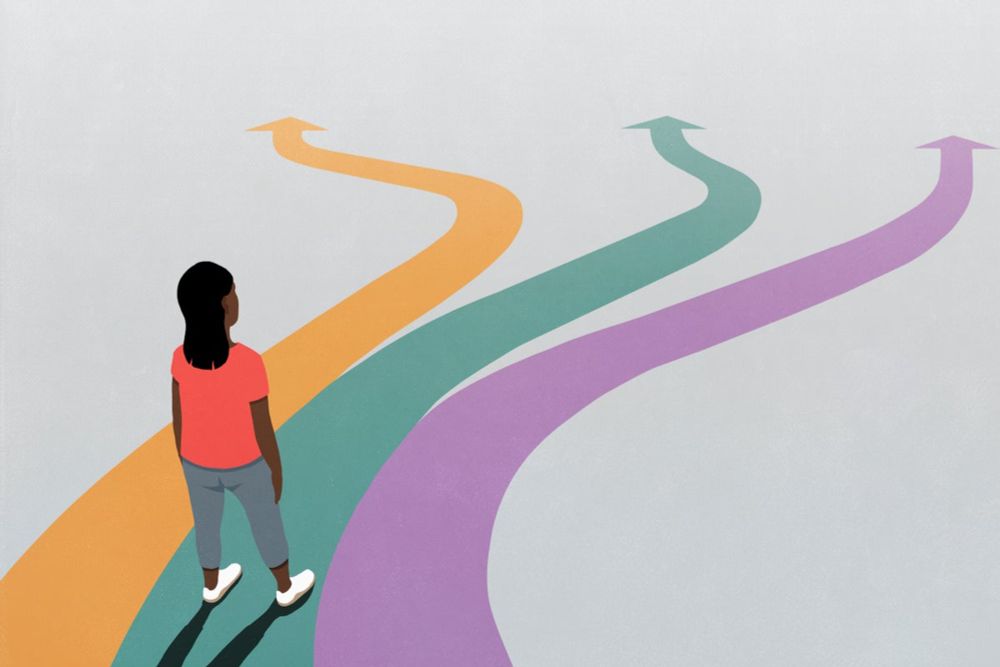
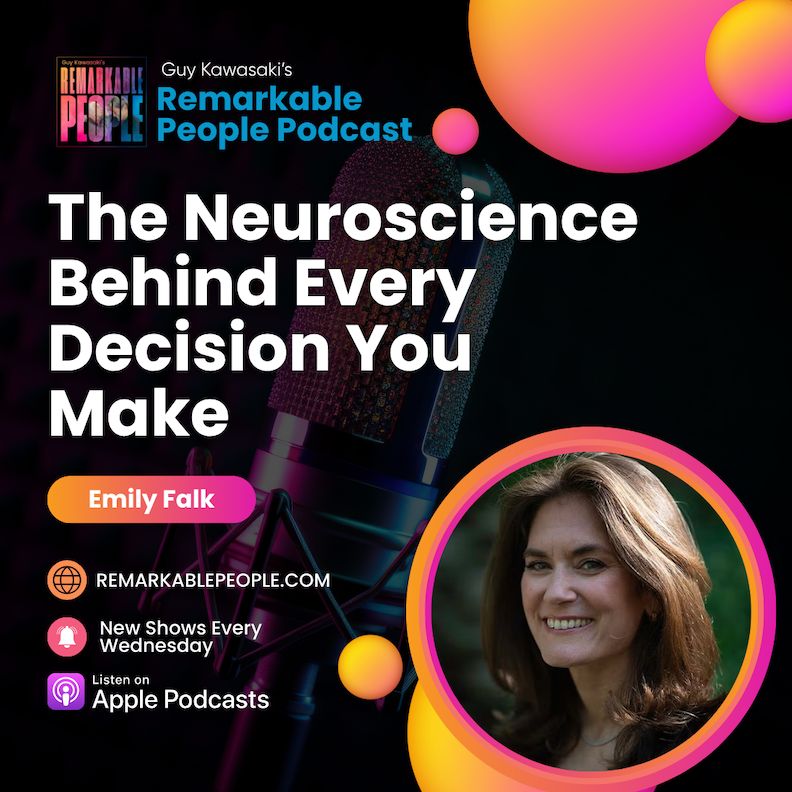
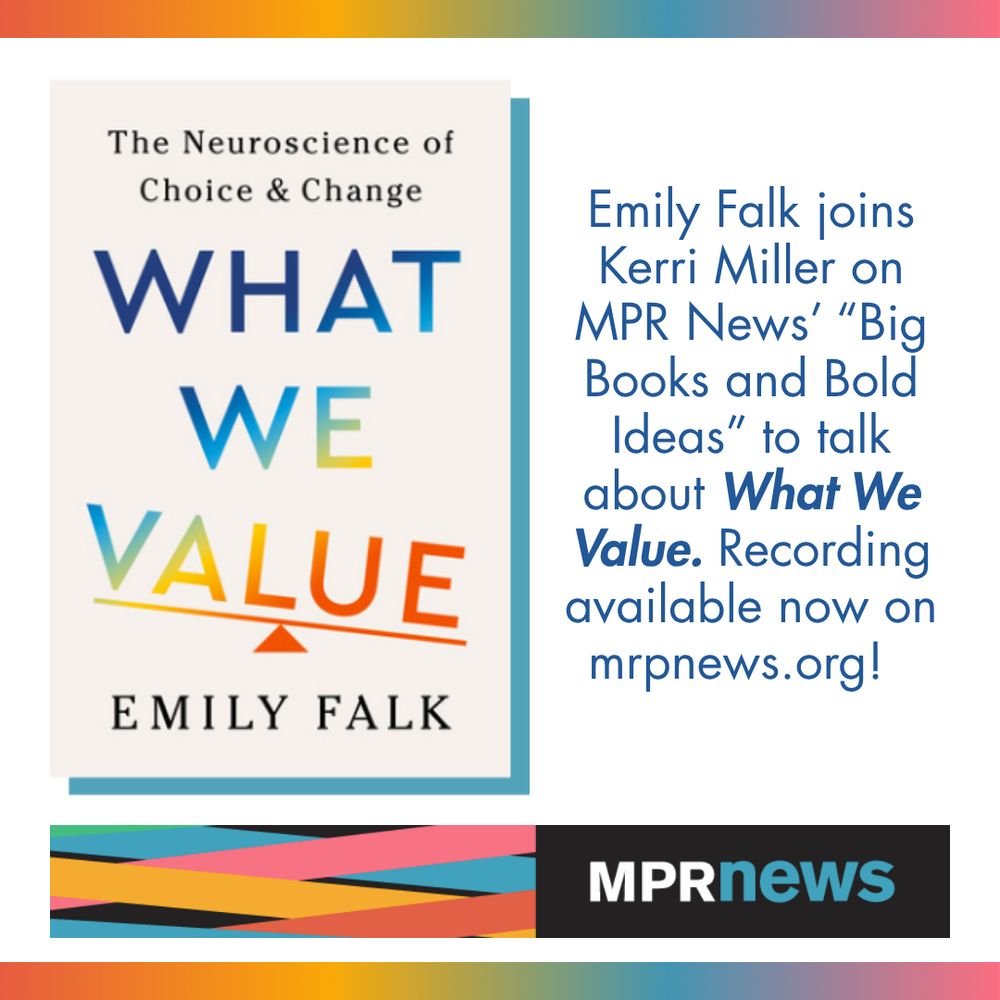
@xinyiwang.bsky.social on curiosity’s role in health info seeking, and Ben Muzekari on how ad cues spark smoking cravings (via experiments + fMRI). 🧠🚬
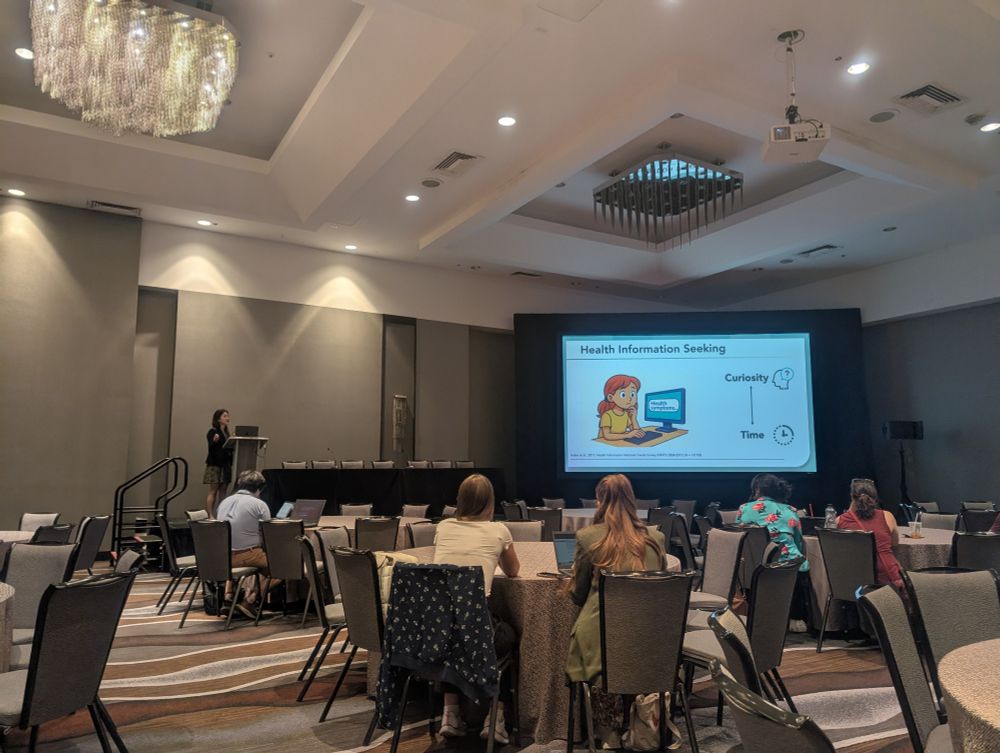
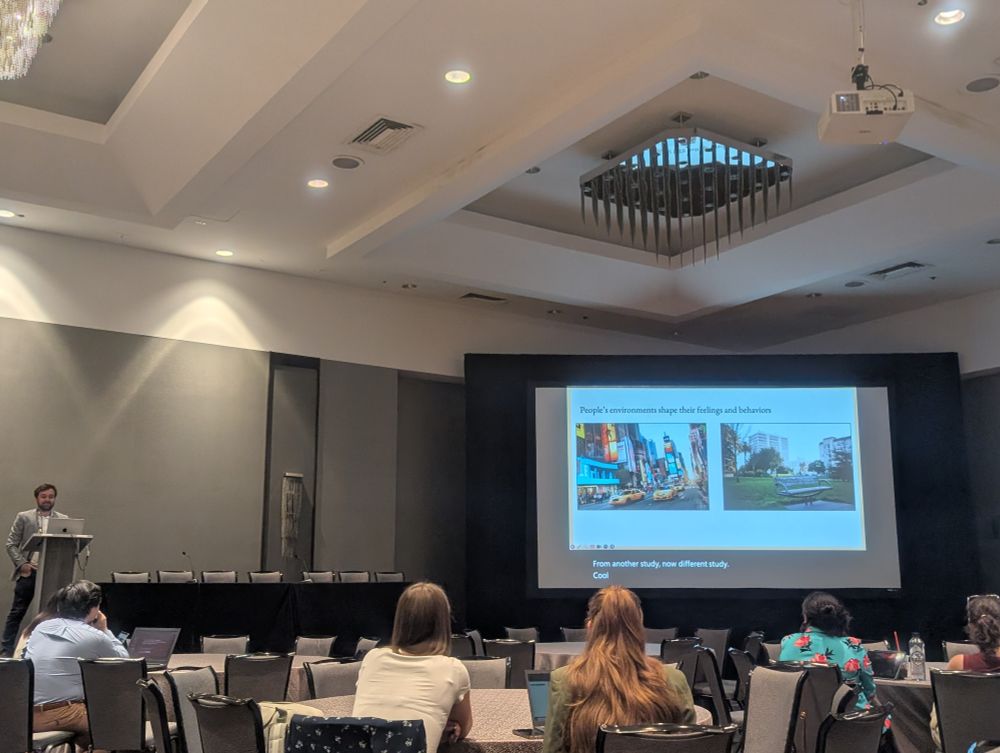
@xinyiwang.bsky.social on curiosity’s role in health info seeking, and Ben Muzekari on how ad cues spark smoking cravings (via experiments + fMRI). 🧠🚬
Today (Sat) 10:30-11:45: imagination interventions motivate pro-environmental behaviors
Mon 12-1:15: affective framing of news headlines influences engagement, donations, and memory
@falklab.bsky.social @asc.upenn.edu @penncssm.bsky.social @appc.upenn.edu
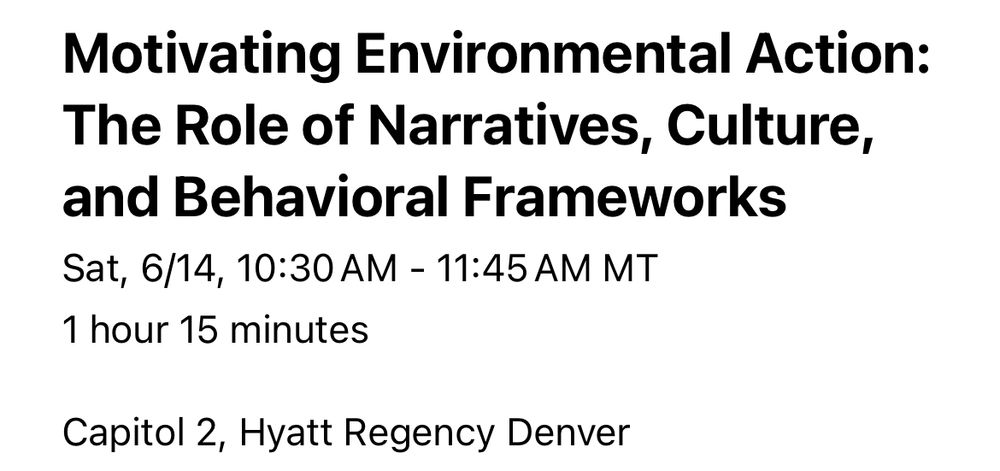
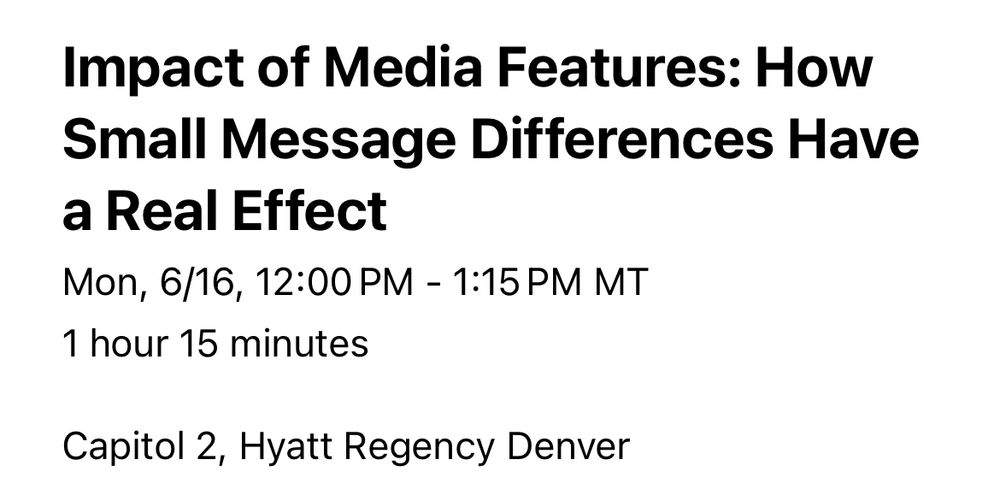
Today (Sat) 10:30-11:45: imagination interventions motivate pro-environmental behaviors
Mon 12-1:15: affective framing of news headlines influences engagement, donations, and memory
@falklab.bsky.social @asc.upenn.edu @penncssm.bsky.social @appc.upenn.edu
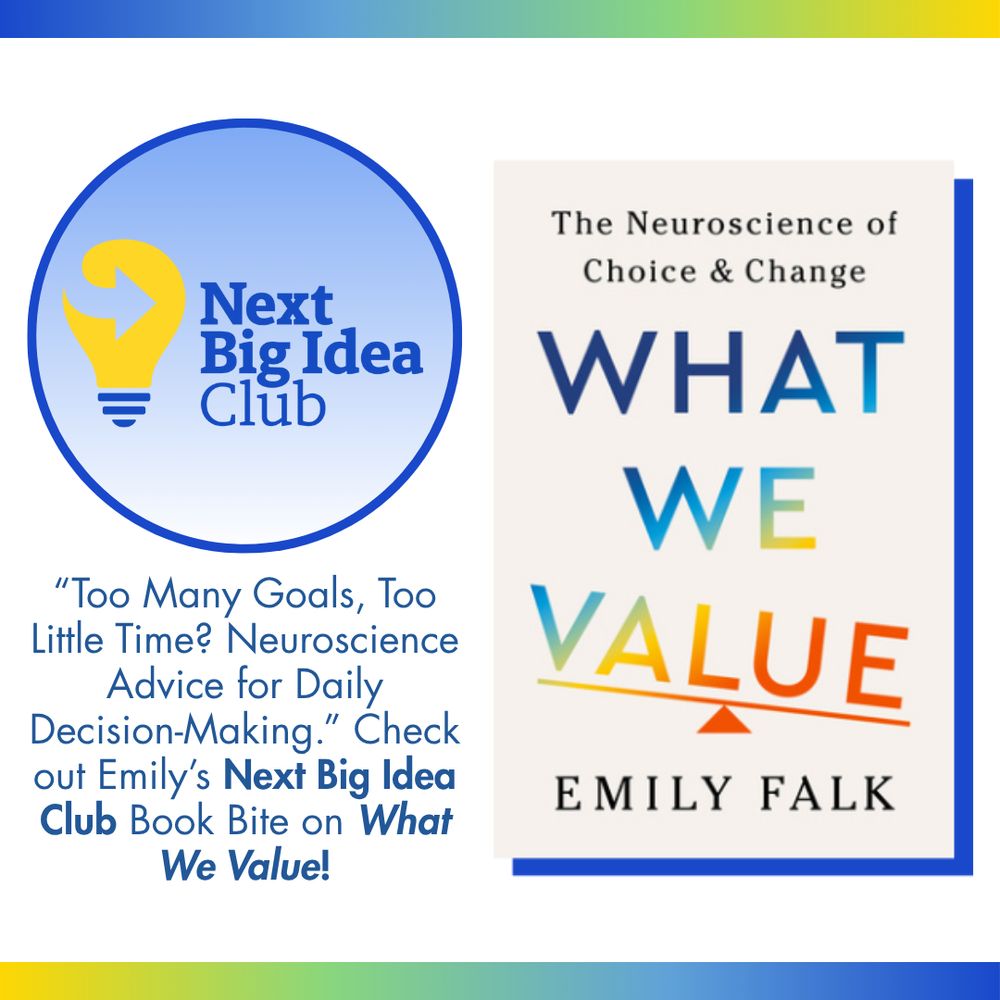
Deadline extended: 3 days left! Already 33,000+ public comments
Comments can tank a proposed rule in court.
📣 Oppose the rule with a brief comment: shorturl.at/WKuBj
Already 14,000+ public comments, deadline is Friday
📣 Comments can be short. Courts consider them—and scientists with NSF/NIH experience are especially impactful
Speak up! shorturl.at/WKuBj
Deadline extended: 3 days left! Already 33,000+ public comments
Comments can tank a proposed rule in court.
📣 Oppose the rule with a brief comment: shorturl.at/WKuBj

A new study looks systematically for what works—and what doesn’t—to overcome psychological barriers that keep people stuck in the carbon-emissions status quo.
www.anthropocenemagazine.org/?p=237432


